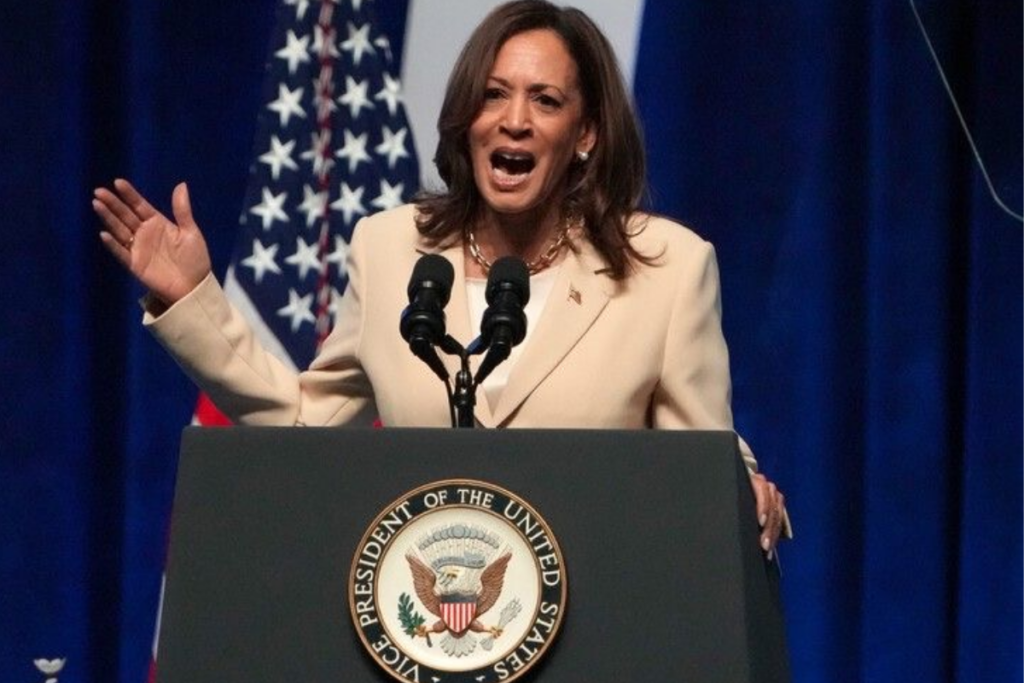Vice President Kamala Harris recently gave a speech about her economic policy plans. She shared a plan that was focused on helping middle-class families by making everyday expenses like food, housing, healthcare, and childcare more affordable. She emphasized that the goal is to reduce the financial pressure on these families and ensure they can better afford the basics they need.
What Did Kamala Harris Do?
In a speech in Raleigh, North Carolina, the Democratic presidential nominee shared her vision of an “opportunity economy.” Her vision focuses on giving everyone a fair chance to achieve financial stability. A part of her plan proposed banning price extortion on groceries, ensuring that stores cannot unfairly raise prices, especially during crises. She also introduced a new $6,000 child tax credit to help families with newborn children manage the costs of raising a child.
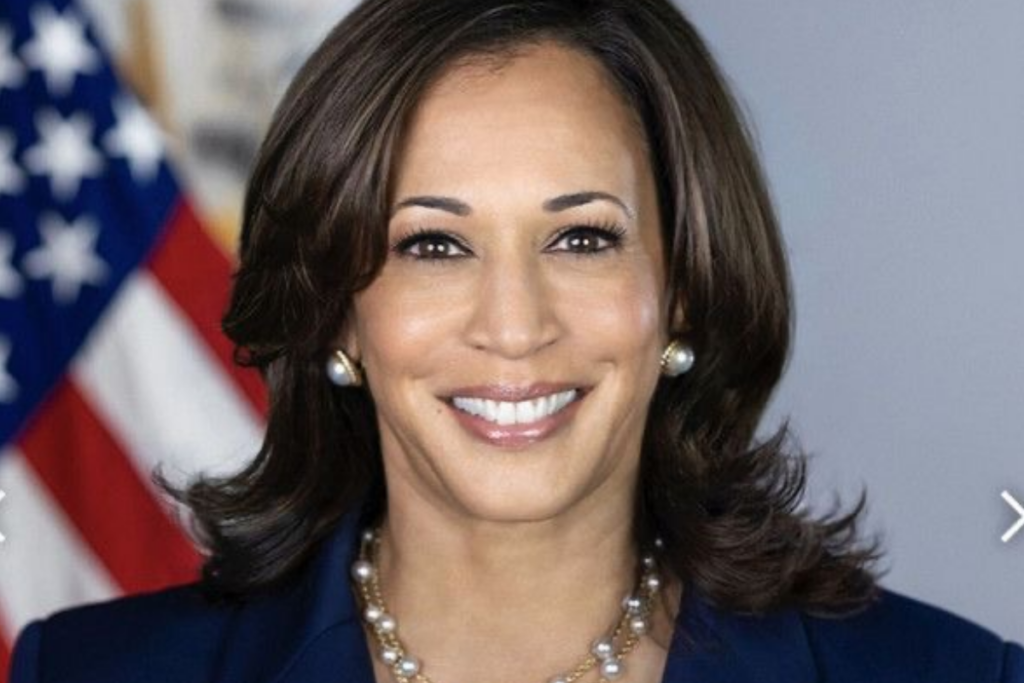
Kamala Harris also proposed providing $25,000 in support for first-time home buyers to help them with their down payments. This move would make purchasing a home easier for first-time homebuyers. These proposals are part of a broader effort to create a more secure financial future for Americans.
What Is Trump’s Economic Plan?
Unlike Harris, her opponent, Donald Trump’s 2024 economic plan focuses on lowering taxes, reducing regulations, renegotiating trade deals, and increasing domestic energy production. Kamala Harris differentiated her stance from that of Trump. She criticized the Republican nominee’s plan to impose widespread tariffs on imported goods, calling it the “Trump tax.”
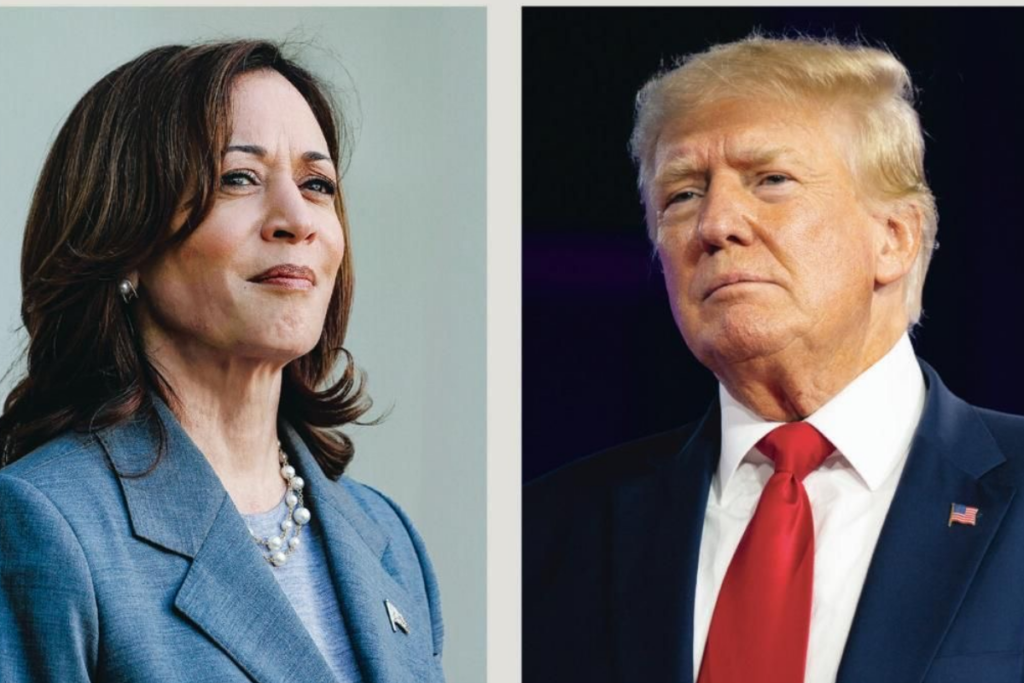
Harris also accused Trump of wanting to reduce taxes for billionaires and large corporations. She said, “If you want to understand who someone truly cares about, pay attention to who they defend. The people they fight for are the ones they care about the most.”
ALSO READ: These Silicon Valley Billionaires, Founders, and Investors Are Rallying Behind Kamala Harris
Who Criticized Kamala’s Political Speech?
Although she hasn’t provided many details, her plans have already been criticized. Republicans and economic experts argue that her approach leans heavily towards government control over prices. During a press call, Kevin Hassett, a critical financial advisor during Trump’s presidency, said that letting the government set prices would be a significant error.

The nonprofit Committee for a Responsible Federal Budget estimated her plans. The group evaluated that Kamala Harris’s economic plan would increase the government’s budget deficit by $1.7 trillion over the next ten years. This means the government would spend more money than it makes, which can lead to a larger gap between income and expenses.
Kamala Harris’ First Policy Speech
The economy policy speech was the first by Vice President Kamala Harris as the Democratic candidate after President Biden dropped out of the race last month.
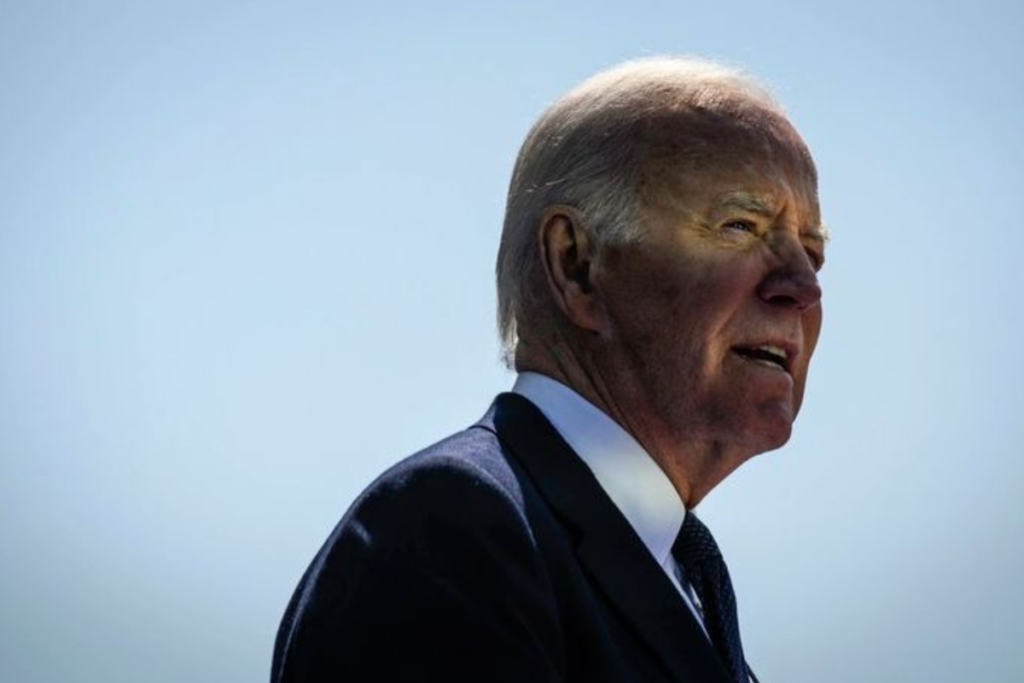
With fewer than 90 days left until the election, Harris is focused on highlighting the economic successes achieved during the Biden administration. She is also trying to change the public’s perception of an important issue for which Biden received low approval ratings.
Kamala’s Opportunity Economy Plan
As part of her “opportunity economy” plan, Harris aims to lower the high cost of groceries. She plans to work with Congress to create the first-ever federal law that would stop companies from unfairly raising food prices to make big profits. This law would establish clear rules to prevent corporations from exploiting consumers for essential groceries.
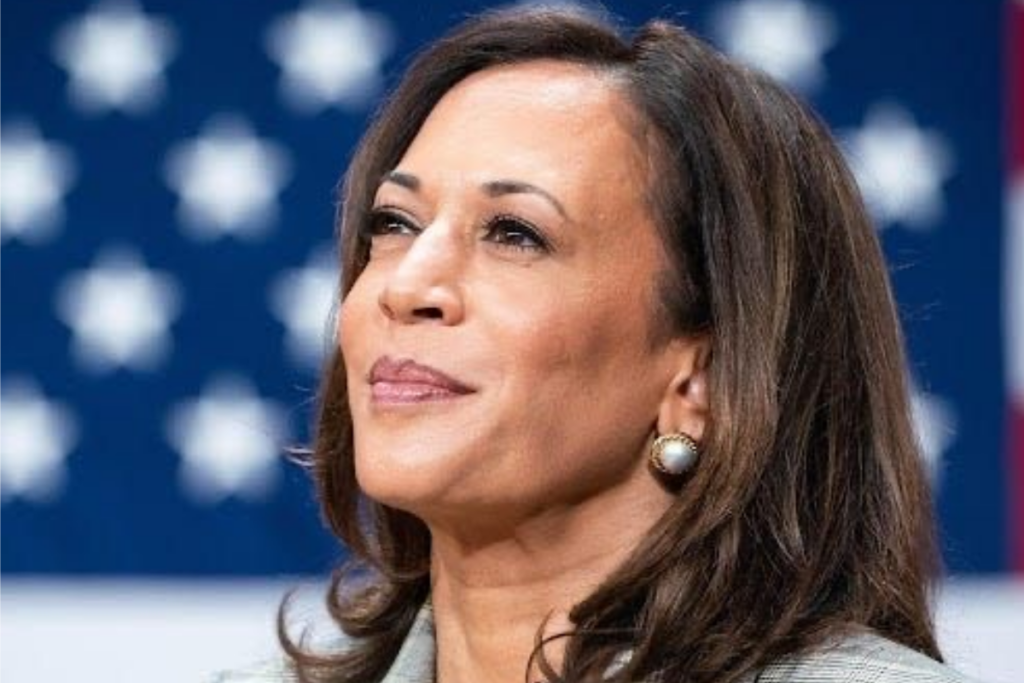
To enforce this law, Harris would give the Federal Trade Commission and state attorneys more power to investigate and punish companies breaking the rules. Her administration would also closely monitor and regulate plans for merging big food companies to ensure that these mergers don’t lead to higher consumer prices.
Opportunity Economy Plan: Affordable Housing
Harris’s plan also aims to help renters and homebuyers. It would prevent companies from increasing rent and big investors from buying many homes to resell them at higher prices. She wants to build 3 million new homes over the next four years and offer tax breaks to encourage builders to make affordable “starter homes.”
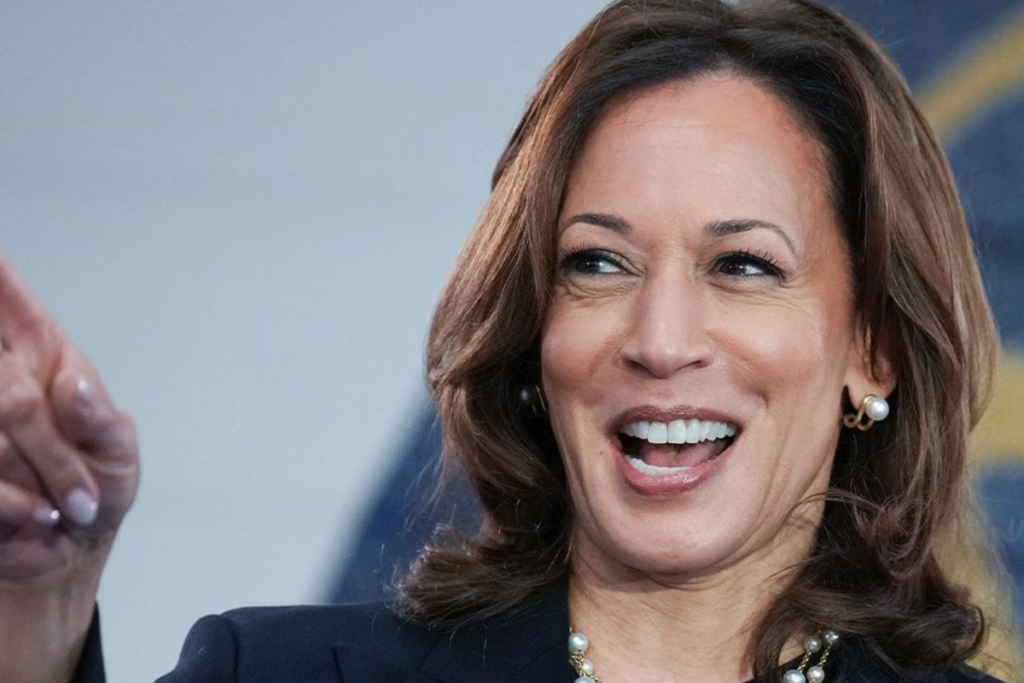
However, tax law changes need Congress approval, which depends on which political party controls the House and Senate. Also, as more affordable homes become available, Harris’ plan would provide up to $25,000 in down-payment assistance for working families who have consistently paid their rent for two years and are buying their first home. There would be extra support for first-generation homeowners.
Kamala Harris’s ‘Opportunity Economy’ Plan: Healthcare Costs
Harris wants to extend the Biden administration’s $35 limit on insulin prices for Medicare recipients. She wants it to include all Americans, not just older people.
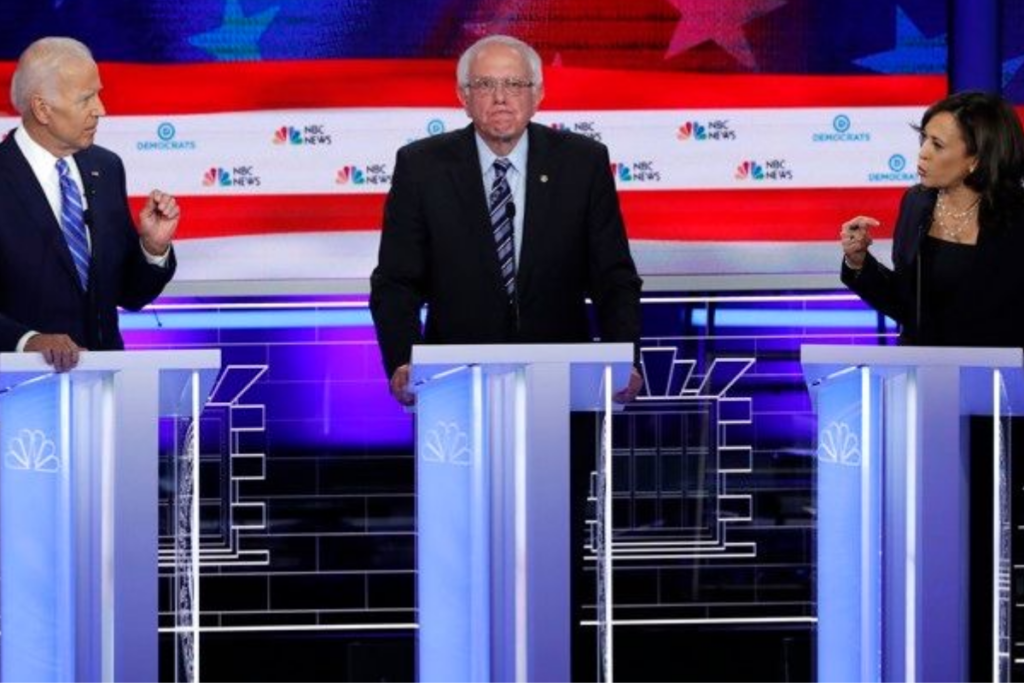
Like her plans to make food cheaper, her healthcare policy will involve stricter rules and stronger enforcement against companies that block competition or engage in unfair practices. This includes targeting drug companies that try to prevent other companies from competing and those involved in dishonest practices related to pharmaceuticals.
Opportunity Economy: Tax Cuts
The Biden administration wanted to bring back the more extensive child tax credits available during the COVID-19 pandemic. Kamala Harris supports this idea and will push for even more help if she becomes president. She plans to offer up to $6,000 in extra tax relief for families with a newborn.
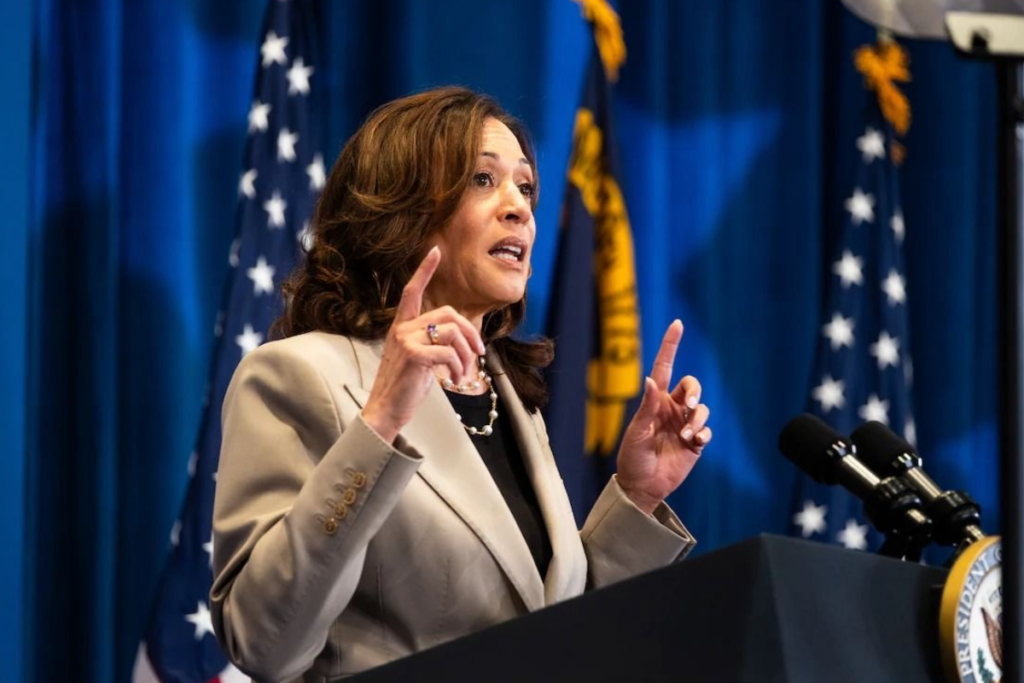
The Harris campaign says this is important because families have many expenses for a new baby, like cribs and diapers. It is also essential for many parents who don’t get paid leave, who must choose between caring for their baby and working enough to pay the bills.
Closing Gaps
Harris has quickly gained on Trump in the polls. Instead of focusing on specific policies, she has highlighted differences between herself and Trump. Recently, she shared her economic plans, which are different from Biden’s, but she still built on them. She and Biden announced a deal to lower the cost of some prescription drugs, which is expected to save Medicare $6 billion by 2026.
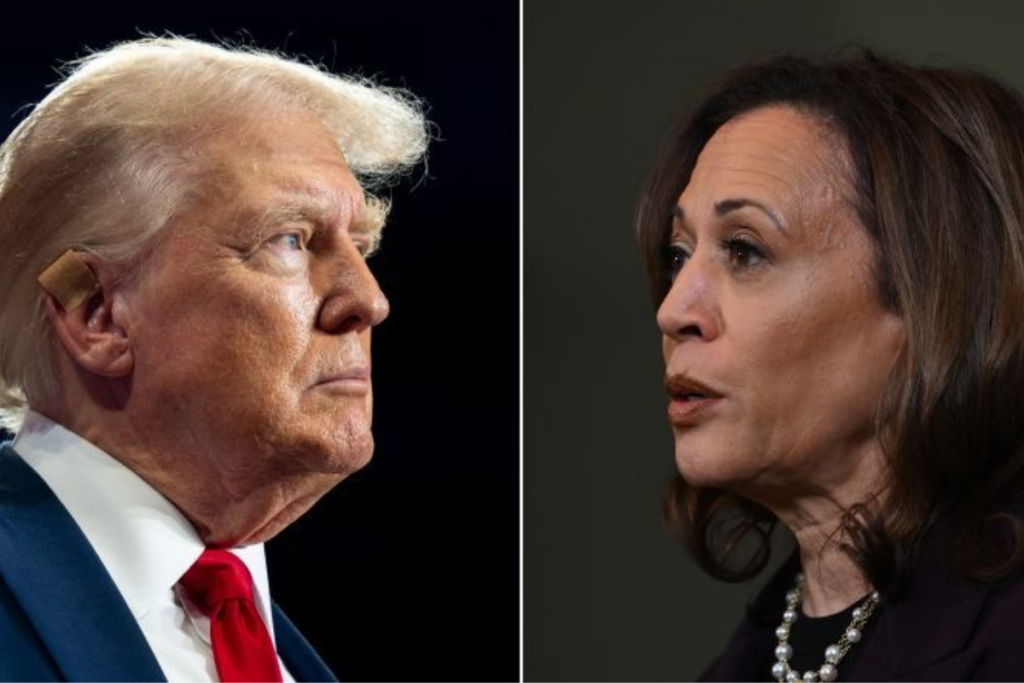
This was after Trump’s speech in North Carolina, where he criticized her and blamed her for high prices. Polls now show that North Carolina, a state Trump won before, is close between Harris and Trump, with Harris slightly ahead.
You Might Also Like:
Walmart Gives Hope Against Possible U.S. Recession Following Home Depot’s Grim Warning
Wizz Air Introduces $550 ‘All You Can Fly’ Annual Subscription Pass
World’s Largest Steelmaker Warns of an Imminent Industry Crisis Worse Than 2008
Starbucks Awards Incoming CEO Brian Niccol $85 Million in Cash and Stock as He Leaves Chipotle
Once the Richest Town in America, Now Half of This County Lives in Poverty

